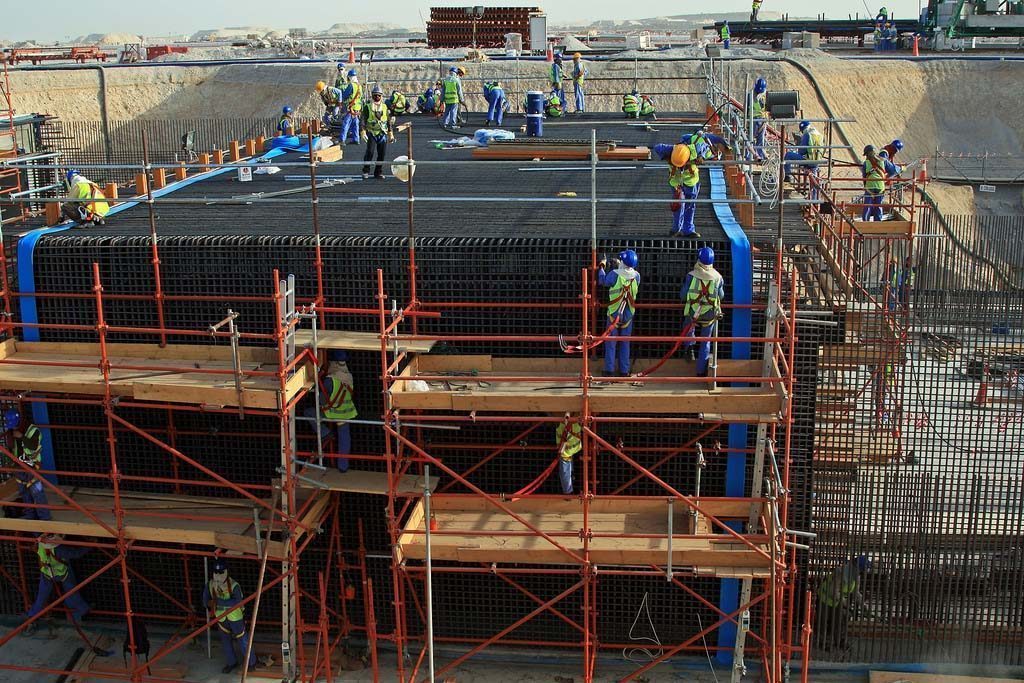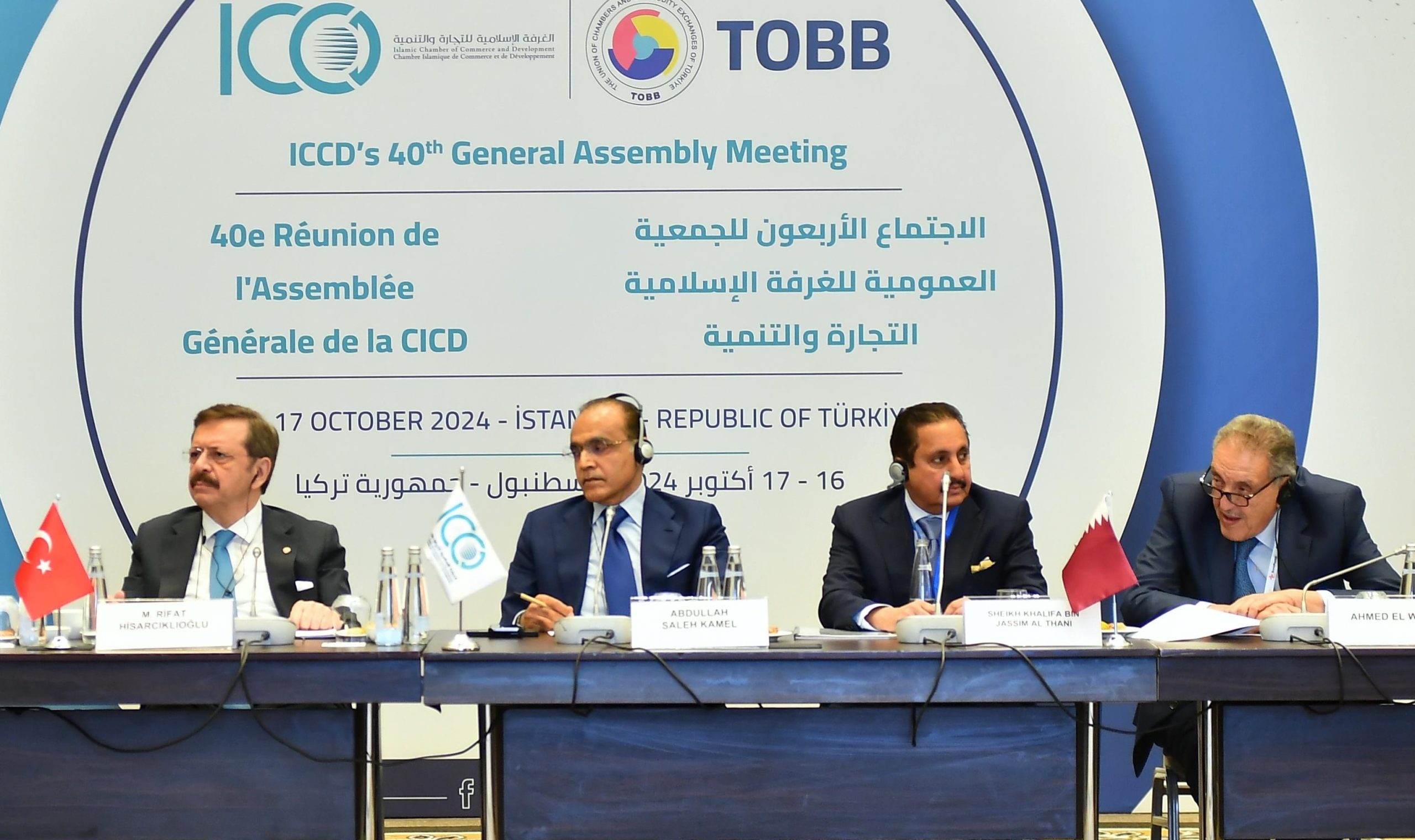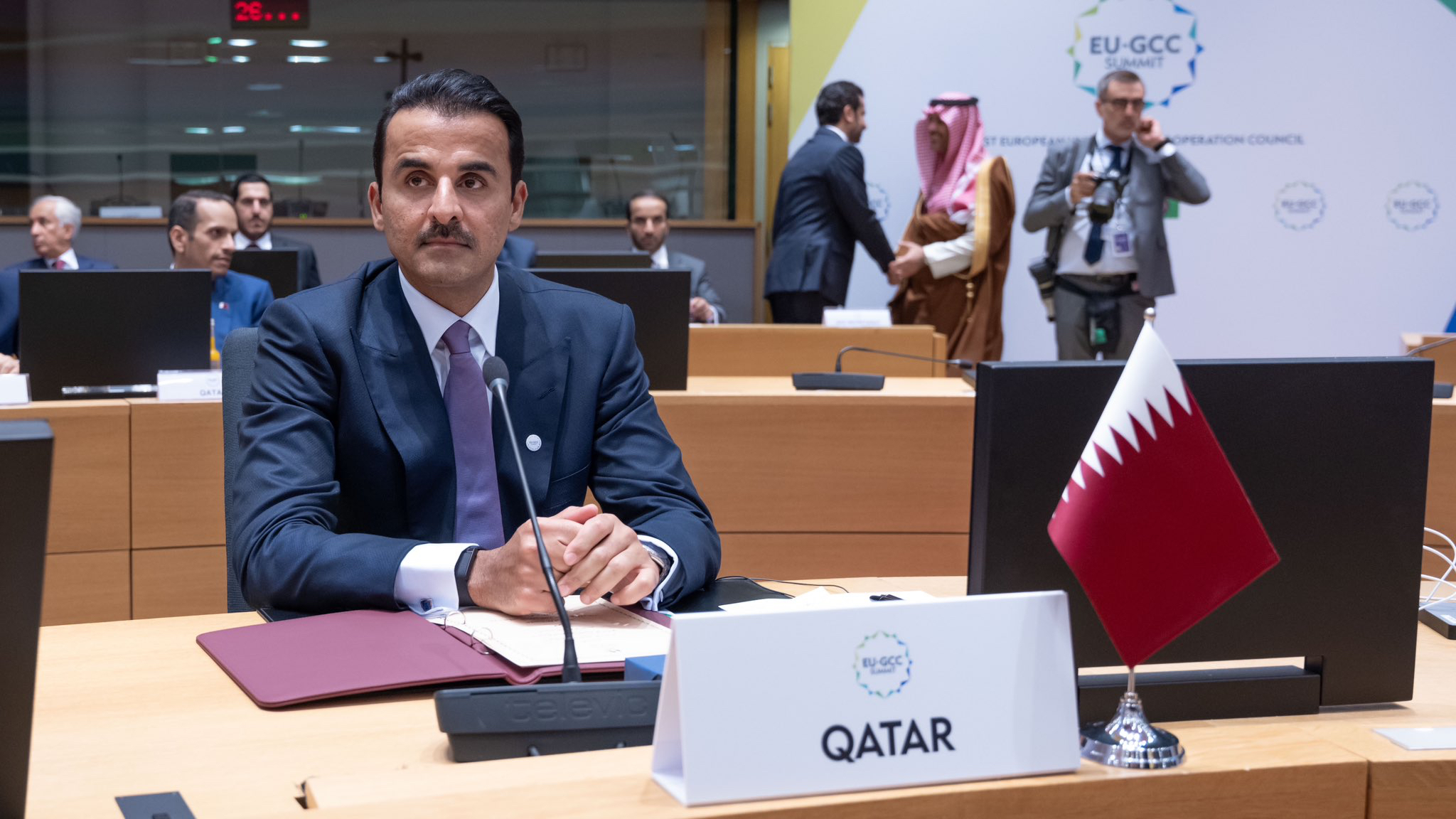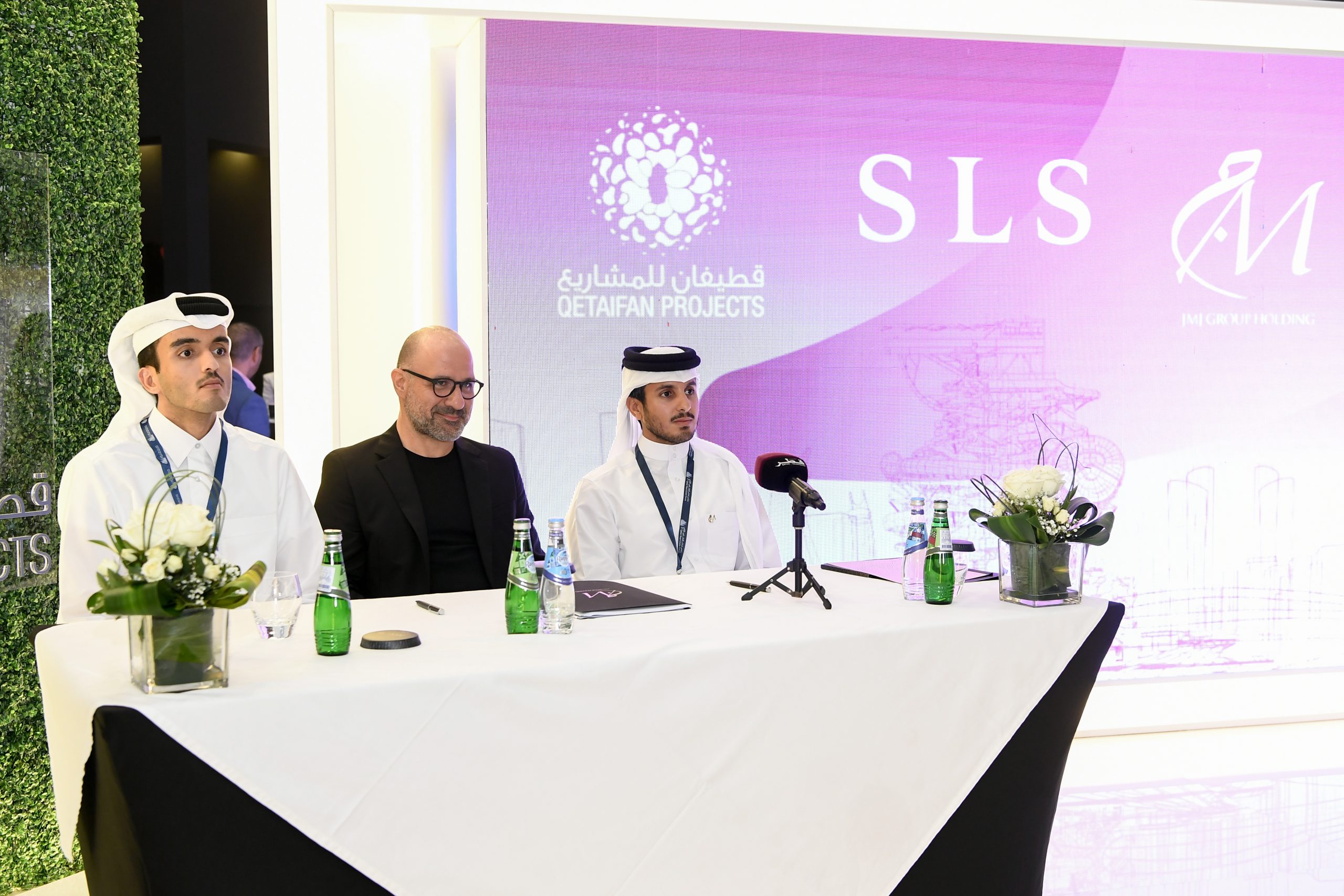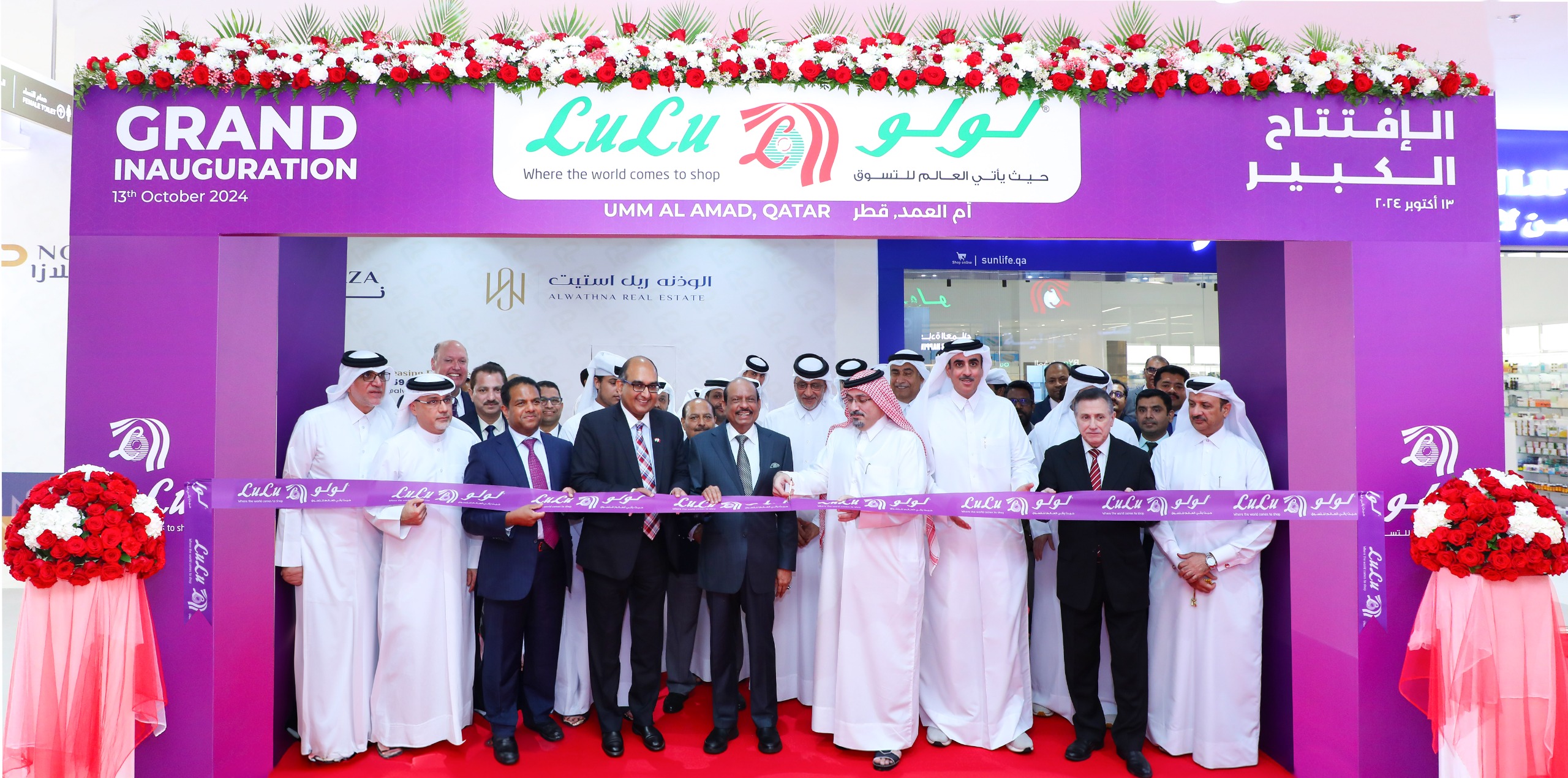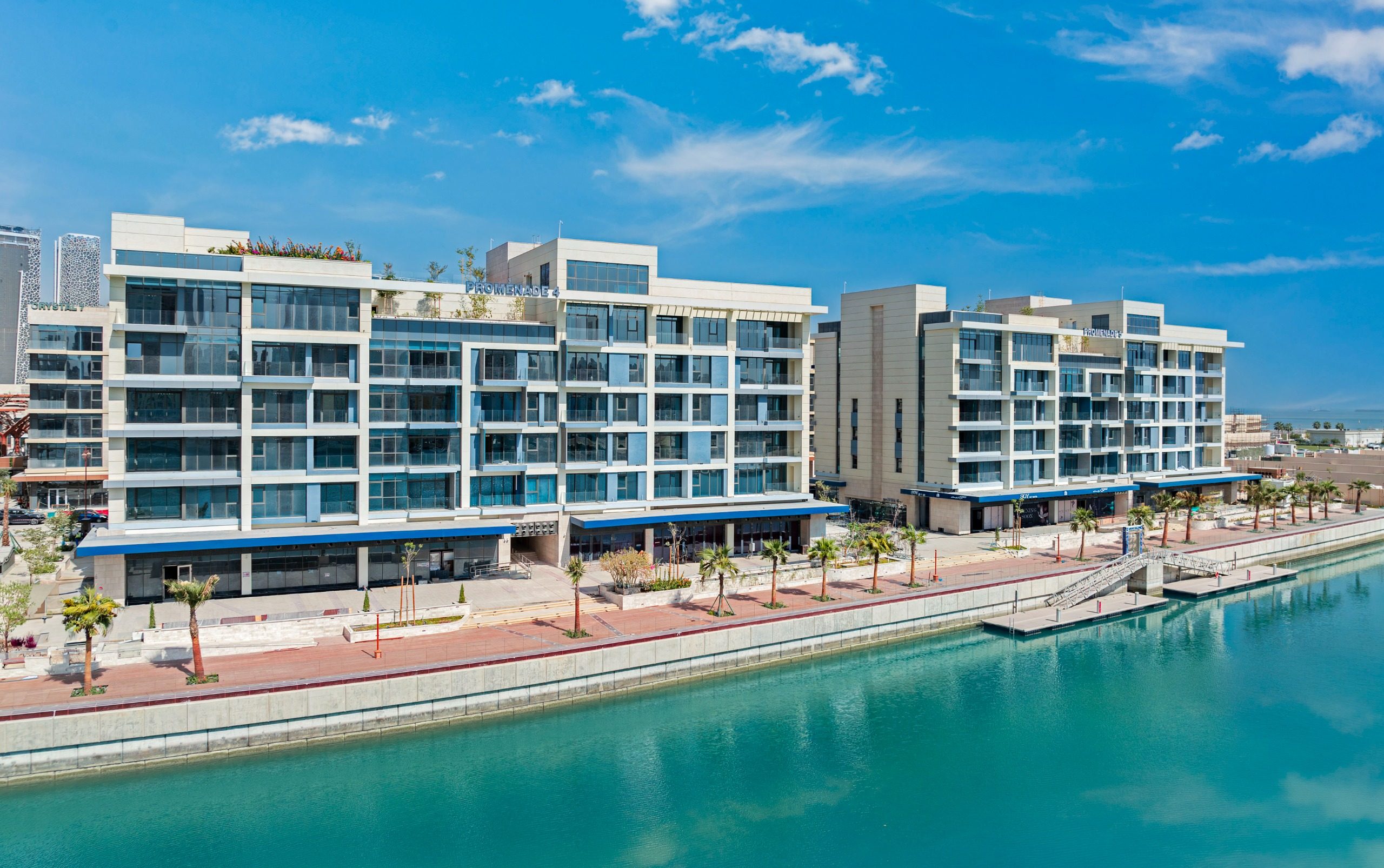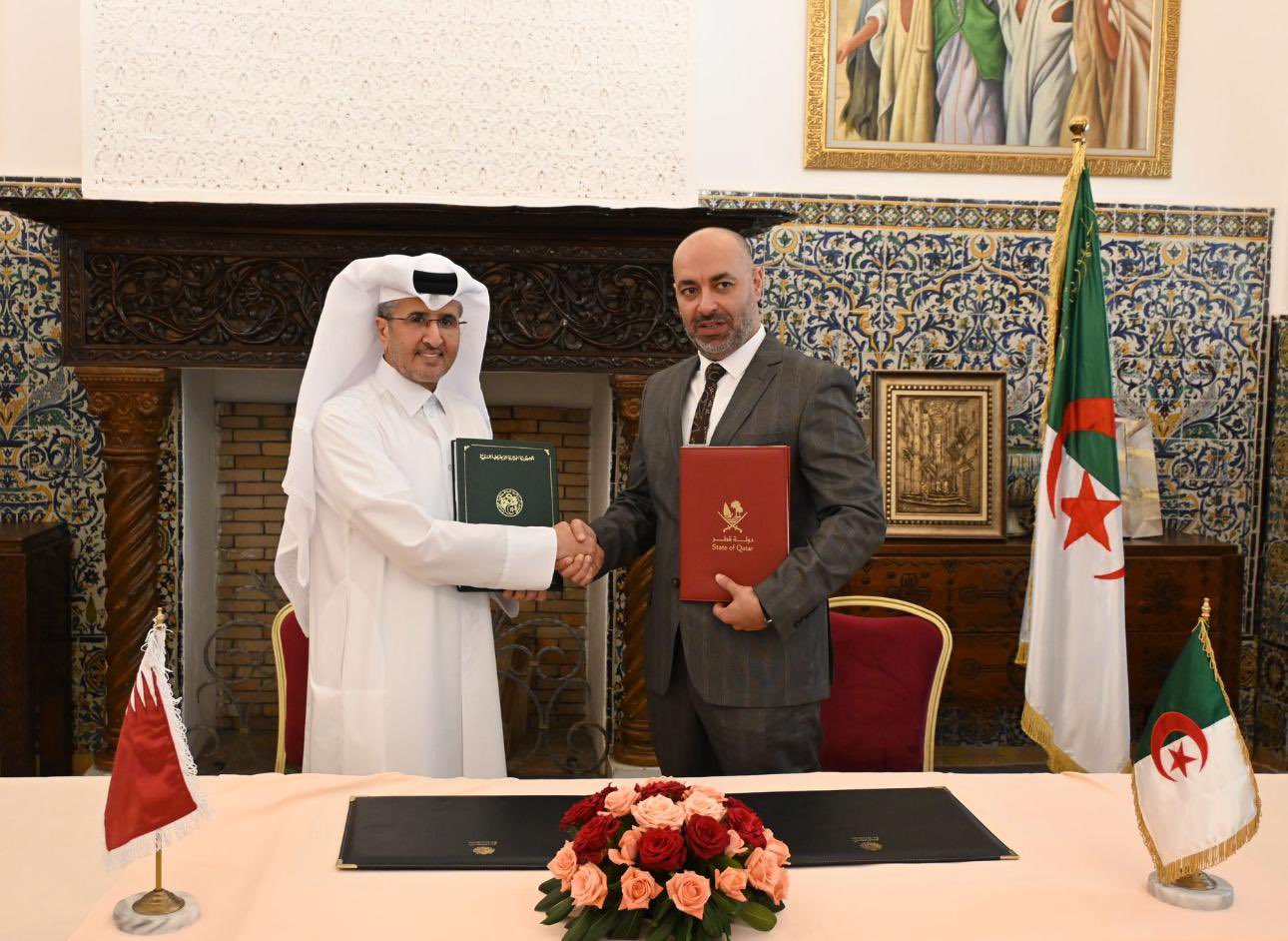
Meeting tight project deadlines without going over budget will require Qatar to carefully oversee its many public investment projects, the International Monetary Fund (IMF) has said in its latest country report.
Qatar currently has $210 billion worth of projects in the pipeline, with the government bankrolling the majority of them ($160 billion).
In a series of recommendations, the IMF urged Qatar to set up an integrated public investment management process to coordinate the planned infrastructure and development projects underway ahead of the 2022 World Cup.
This would prevent construction bottlenecks and rising costs, and ensure that projects are delivered on time, the IMF said.
The international body also called for Qatar to further strengthen its fiscal institutions, and to create a medium-term budget for all its projects.
Meanwhile, Qatar could also see improvement in the arena of efficiency, the report said.
While its government effectiveness is broadly in line with its GCC peers, the report cites World Bank figures that show Qatar is “lagging behind (other) resource-rich, advanced economies,” such as Canada, Norway and Sweden.
Greater efficiency would help Qatar maximize its existing resources across all its projects, delivering them on time with better value for its money.
Forthcoming projects
Qatar’s level of public capital spending relative to GDP in 2012 was almost twice as high as public investment in other emerging markets, excluding China.
Infrastructure and construction projects underway include:
- The new Hamad International Airport, which soft launched late last month;
- A new port;
- A rail and metro system;
- Development of residential areas;
- New petrochemical plants; and
- The upgrading and expansion of Qatar’s road network.
This is in addition to the redevelopment and construction of at least eight new stadiums for the World Cup.
“Given the ambitious investment program envisaged under the National Vision 2030
and compressed timetable ahead of the FIFA Cup 2022, the focus on investment efficiency is essential,” the report said.
Eye on cost
Examining Qatar’s efficiency, the report used statistics from Zawya’s database of MENA oil-exporting countries to compare construction costs of large public infrastructure projects.
It noted that while construction costs on Qatar’s metro project appear low, the project is “subject to the risk of cost over-runs.”
While it states that Qatar’s metro seems quite expensive when taking into account relatively low labor cost, the report adds that Qatar still compares favorably to its MENA peers. The quoted figures do not take into account Qatar’s need to import most of its raw materials.
The report also noted that Qatar’s road projects appear “expensive,” at a per km/per lane cost of between $0.7 million to $7.4 million. This compares to Oman’s rate of $1.5 million, but land values, quality and technical competency were not factored into these figures, it said.
The IMF report comes as Qatar moves to streamline a number of publicly-funded organizations. For example, the Doha Film Institute made 40 of its staff redundant in January of this year.
Thoughts?

